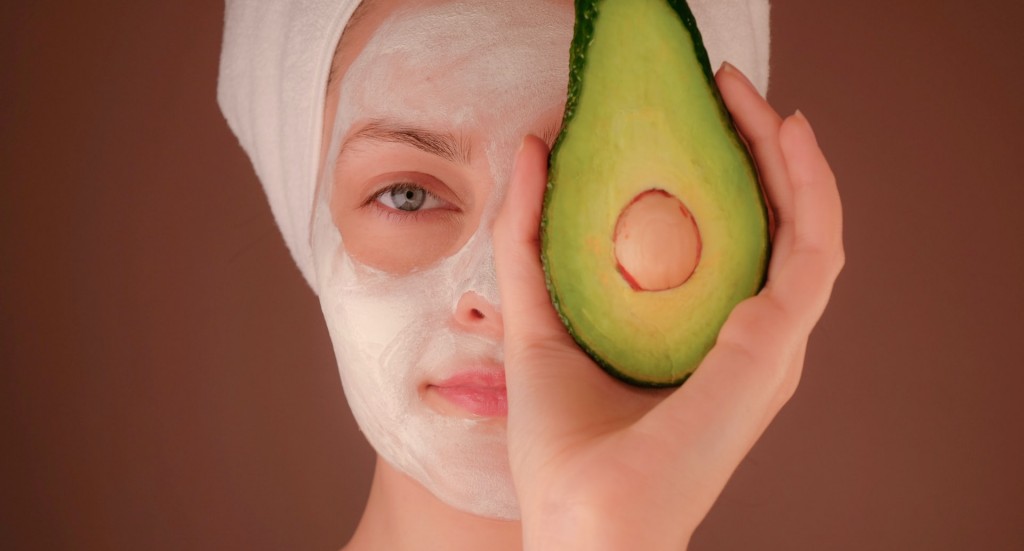There is no doubt that keeping children healthy is challenging. If you are a parent, you know what we mean. It seems like every day there is something new to worry about. The good news is you don’t have to be a medical expert to keep your child safe and healthy.
The most important thing you can do as a parent is taking an active interest in your child’s health and well-being. This means talking to them about the things they are doing and learning, feeding them well, and providing adequate shelter, clothing, and general care. In addition to these basic necessities, you will also want to consider some other aspects of your child’s health that may not be quite so obvious.
Find out the details below!
1. Immunization
One of the most important things to think about is vaccines and immunizations. When it comes to childhood vaccinations, parents need to understand how important it is to take their children in for check-ups and vaccinations. Choosing not to vaccinate can put not just your child, but other kids in danger as well. There are many reasons why someone would choose not to vaccinate their children such as religious reasons or personal beliefs. However, choosing not to vaccinate puts your child at risk as well as others around them including people who are already immune-deficient or have some sort of chronic illness or even older people who may have weak immune systems that don’t react well with the vaccines. If they come into contact with someone who has been infected without being vaccinated themselves, they run the risk of getting sick as well.
2. Healthy food
A recent study has shown parents play a vital role in their children’s food habits. Food habits are shaped during childhood, and bad food habits are hard to get rid of in adulthood. Whether it is good or bad, food plays an important role in our lives. We need food to survive. But, it should be healthy and nutritious food. Eating junk food can harm your child’s health in both the short term and long term. Junk food is rich in preservatives, chemicals, and high-calorie content that can lead to weight gain if eaten regularly. This can result in several health problems like diabetes and heart diseases.
Junk food and fast food products like burgers, pizzas, fries, hot dogs, etc contain high levels of fat and sodium which is harmful to your kid’s health. These foods containing artificial flavors, colors, and preservatives are also harmful to your child’s health as these things can cause various diseases and affect their growth as well.
3. Sun protection
Many parents worry about children’s health and well-being, so it’s no surprise that you want to protect your child from the sun.
The American Academy of Dermatology recommends using a broad-spectrum sunscreen with an SPF of at least 15 on all exposed skin. To protect your child’s face, as well as their eyes and lips, look for an SPF of 30 or higher. If you do apply sunscreen, be sure to reapply at least every two hours and after swimming or sweating.
Sunscreen isn’t the only way to protect your child from sun damage. Wearing a hat is also important because about half of all the sun exposure that a person gets is through their scalp when they go outside. Similarly, long-sleeved shirts and pants can help reduce the amount of UV light that penetrates their skin. Also, remember that babies younger than 6 months should stay out of direct sunlight as much as possible because their skin hasn’t developed enough melanin to naturally block UV rays.
4. Choose the right sports
Kids are naturally playful and energetic. They run around, jump, crawl and climb. However, with time and sedentary lifestyles, their energy levels might be waning. Apart from eating healthy, exercise is another way to keep the child healthy and fit. There are so many choices when you talk about sports. You have team sports, individual sports, water sports, and sports that require special training and equipment. Children need to be taught that they can’t excel in every sport. Only a few will be good at each sport and even then not at the same time! So pick a few that your child likes most or try all of them if you want, but give them enough time to practice one sport at a time.
Studies show that children who exercise regularly or attend sports events like gymnastics, swimming, or dancing tend to be healthier than children who don’t participate in such activities. You should encourage your children to go out and play rather than remain indoors all day long playing video games or watching television.
5. Dental health is important
When a child has her first tooth appear, it’s often a cause for celebration. It also means that children’s teeth are now more susceptible to caries. Since tooth decay is one of the most common chronic childhood diseases, it’s important to start taking precautions early. Fluoride is a mineral that helps prevent tooth decay. The American Academy of Pediatric Dentistry recommends using a “smear” of fluoride toothpaste for children under 3 years old and using a pea-sized amount for kids over 3 years old.
In addition to brushing with fluoride toothpaste, your child should drink tap water instead of sugary drinks like juice and drinks with added sugar. Sugary drinks can help bacteria grow in the mouth, which causes cavities. Also, try cutting down on snacks between meals to reduce acid exposure to teeth.
It is very important that you visit the kids’ dentist together so that the child develops the habit of taking care of his teeth and realizing there is nothing to be afraid of. Dental health affects the health of the whole organism, so it is good for a child from an early age to understand the importance of brushing teeth, using dental floss, or wearing dentures if they do not have straight teeth.
6. Personal hygiene
Teaching personal hygiene to your children is important. Parents should teach their children proper handwashing and nail care, as well as how to use public restrooms properly.
It’s important for parents to teach their children when and how to wash their hands with soap and water in order to prevent the spread of germs. Children should also be taught that hand washing should be done at all times, especially after using the bathroom or before eating. Also, in order to prevent spreading germs from one child to another, it is important that everyone uses their own towel, washcloth, and toothbrush.
7. Ensure good sleep
Ensuring good sleep for children is about more than just giving them a pillow and blanket at night. Sleep-related problems in children can have serious health effects, including negative effects on the immune system, the ability to learn, mood stability, and the ability to handle stress.
Making sure your child gets enough sleep each night has a positive impact on their health as well as their overall wellbeing.
Creating a consistent bedtime routine helps children get into the habit of going to sleep at the same time every night. Kids like consistency, so having a regular routine will help them fall asleep more easily. Make sure the routine is the same every night and that it’s not too distracting or stimulating (no video games, for example).
8. Mental health
People with good mental health don’t feel hopeless, worthless, or helpless in the face of their problems. They have optimism and a realistic view of themselves and their world. Good mental health can help protect people from physical illnesses and help them live longer.
Encourage kids to develop social skills. Improving social skills can help reduce feelings of isolation and loneliness, which are common among young people with poor mental health. If your child is shy or quiet, encourage them to get involved in group activities like sports or clubs. Alternatively, you could help your child meet new people by taking them along when you run errands, helping them make friends at school, or encouraging them to volunteer in their community.
Ask kids about their feelings. Talking about feelings is an important way to help someone learn how to handle difficult situations like bullying or peer pressure.
We believe that these tips will be useful to you when it comes to child care!
Author – My name is Grace Wilson. I’m a 27-year-old biotechnologist and kind of a bookish girl. Surfing the Internet is my favorite, that’s why I’ve turned into blogging. Following a healthy mindset and lifestyle is what I consider my life principle. If interested, follow my Twitter.


